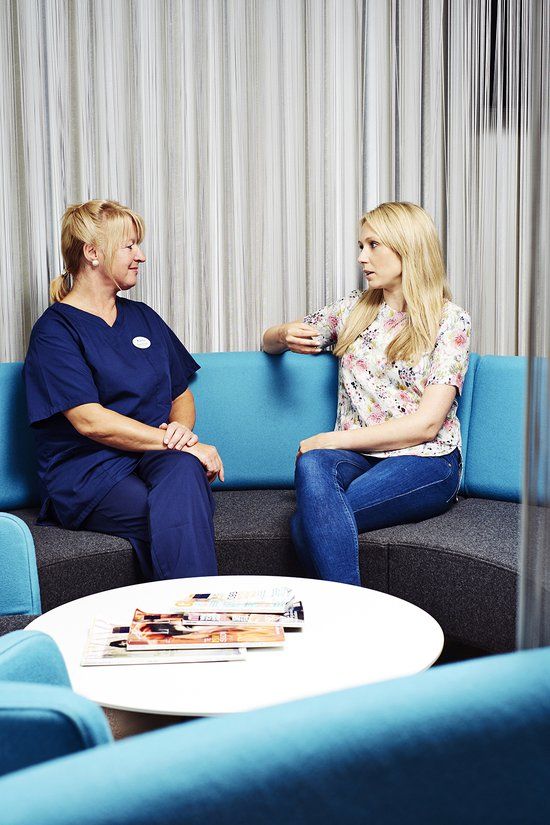New figures released by the Human Fertilisation and Embryology Authority has revealed that one in five IVF cycles performed in 2010 were on women aged over 40.
The number of older women now seeking IVF has almost doubled in the last 13 years. The average age of women having IVF has also increased, from just over 33 years old in 1991 to just over 35 years old last year.
What this tells us is that more women are now having fertility treatment later in life. But when statistics show that fertility treatment is more successful the younger you are, what options do you actually have if you want IVF and you’re over 40?
Treatment options typically include IVF, however it’s important to realise that success rates are not as high once you reach early 40s and upwards simply because of the decline in egg quality. Over the age of 44 we would strongly recommend the use of donor eggs.
IUI is another treatment option, where sperm is inserted directly into the uterus. This treatment can be done with the use of fertility drugs to boost egg production. ICSI is where a single, good quality sperm is selected and injected directly into one of your eggs. ICSI can help if you’ve tried IVF before but a very poor number of your eggs were fertilised.
Induction of ovulation, or ovarian stimulation, involves stimulating your ovaries to produce an egg, and there’s also the option of a blastocyst transfer, where one of your embryos develops longer before being transferred to your uterus, helping to improve your chances of pregnancy.
You can be assured that whichever treatment path is right for you, at Manchester Fertility we will be completely open, honest and realistic with you about which of our treatments offer you the best chance of success. We will only ever recommend treatment which suits your needs, with complete transparency of costs at all times.
To find out more about what fertility treatment is typically recommended for older women, you can read our guide for older women.
Last updated: 20th January 2020





